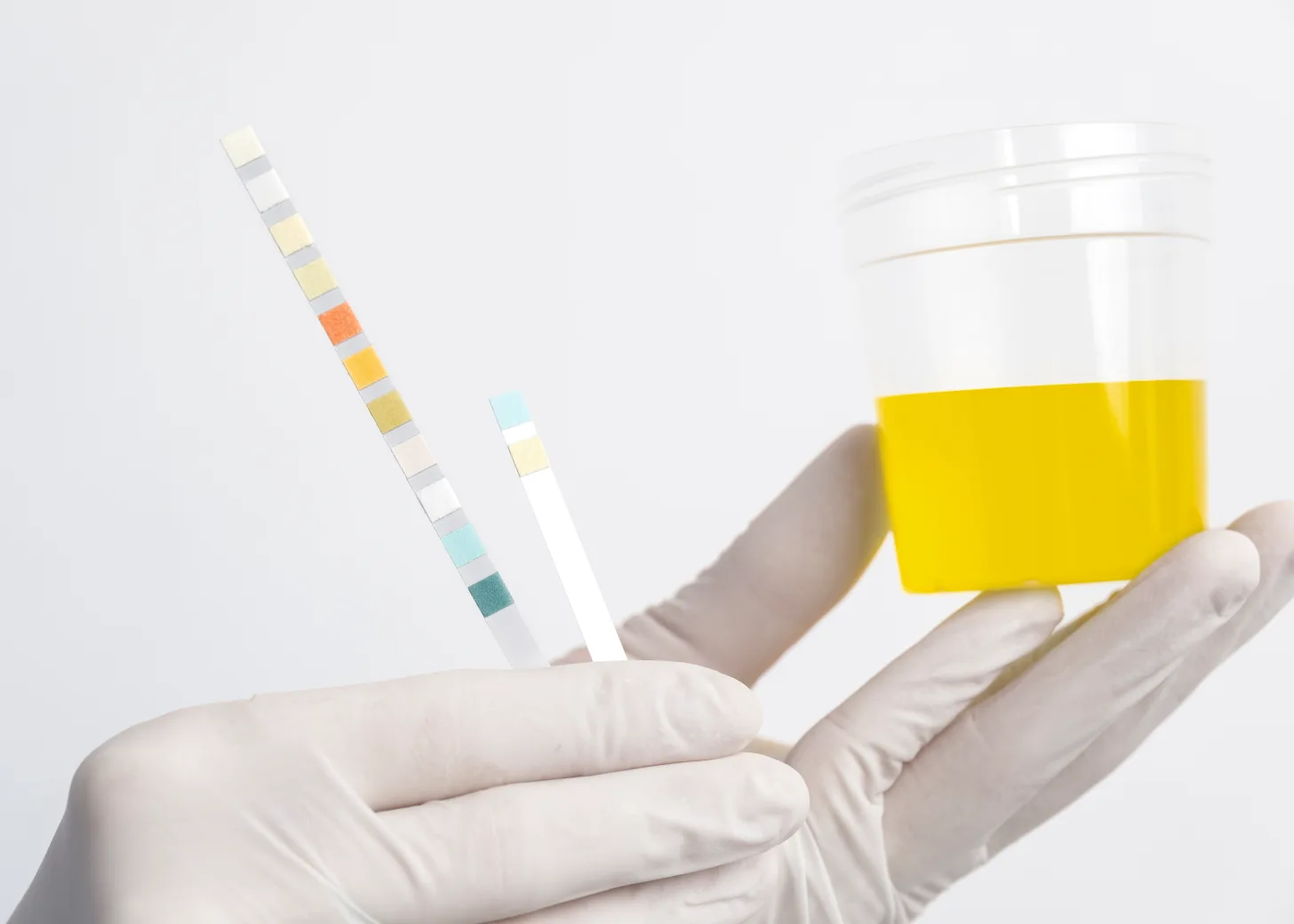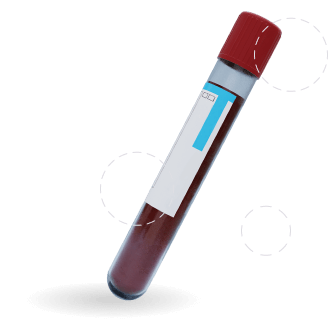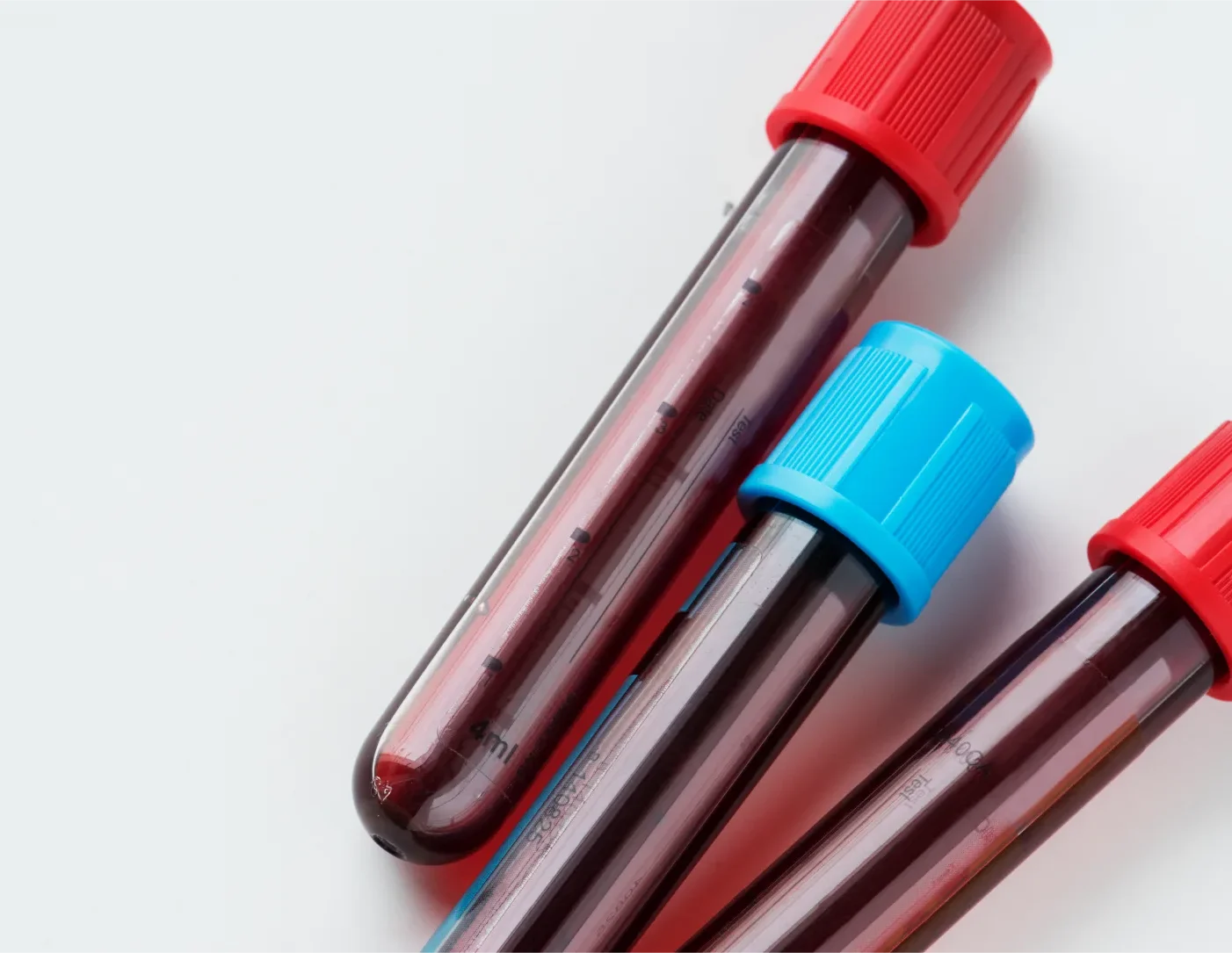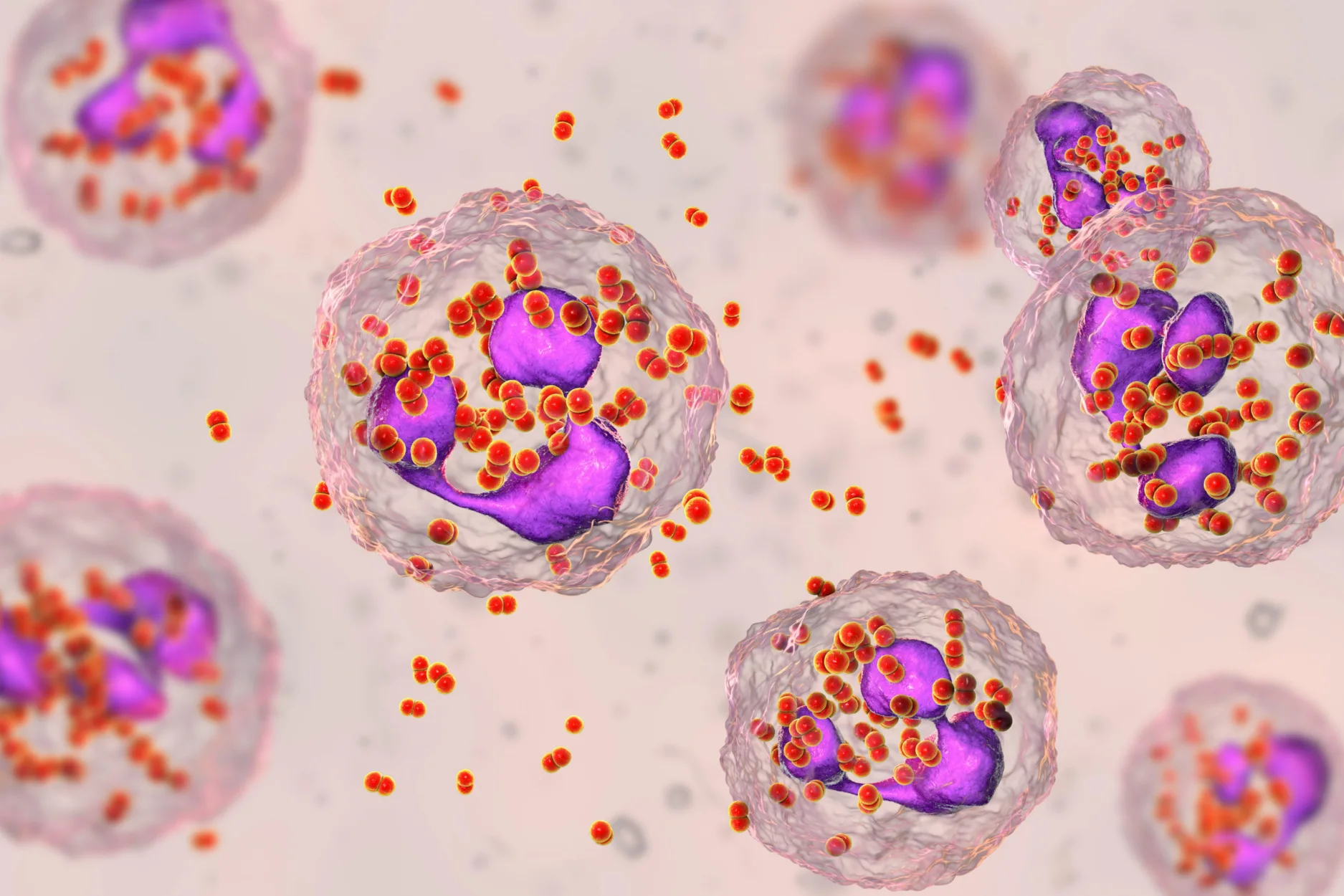- GP
- Testing
- Check-ups
- Sexual Health
- Visa Medicals
- Angola Visa Medical
- Antigua Visa Medical
- Bahrain Visa Medical
- Barbados Visa Medical
- Bermuda Visa Medical
- Brunei Visa Medicals
- Cayman Islands Visa Medical
- China Visa Medical
- Dubai Visa Medicals
- Fiji Islands Medicals
- Greece Visa Medical
- Indonesia Visa Medical
- Kuwait Visa Medical
- Malaysia Visa Medicals
- Papua New Guinea Medicals
- Philippines Visa Medical
- Qatar Medicals
- Saudi Arabia Visa Medical
- Seychelles Medicals
- South Africa Visa Medical
- St Kitts & Nevis Medicals
- Vietnam Visa Medical
- Other Destinations
- Corporate Medicals
- About
- Clinics
- Contact
































